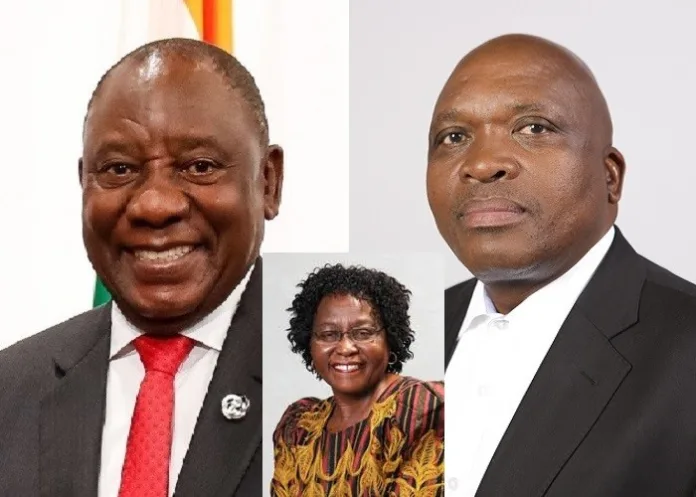Both President Cyril Ramaphosa and Health Minister Dr Joe Phaahla highlighted corruption and mismanagement as pervading drawbacks to the health sector’s goals to achieve a sustainable NHI scheme.
The challenges facing the country’s health system were vast and varied, but Phaahla said they were topped by the high burden of disease, poor management, and “outright corruption”, the latter also being condemned by Ramaphosa, who warned that the sector was particularly vulnerable to looters and “crooks”.
Additionally, Phaahla said, incidents of poor financial management were still occurring, leading to non-delivery of essential goods and services, and despite an anti-corruption forum being launched in the sector in 2019, “its impact is yet to be seen”, reports News24.
Even with limited resources, many public health facilities could perform better if it were not for inefficiency, neglect of duty and supervision, and “poor economic performance”, he told delegates.
The summit’s prime objective was to identify “sustainable interventions” that would prepare the healthcare system for the introduction of NHI.
The first summit, in October 2018, had laid the foundations for the areas the country needed to focus on if the government were to inch closer to its dream of providing good quality health services.
It had put sufficient and appropriate human resource for health as a priority for any improvement of quality.
However, said Phaahla: “While there has been positive intervention e.g. the Presidential Stimulus package in 2018/19 and a further cash injection at the height of Covid-19, sustainability has been undermined by continuous budget cuts.”
Regarding infrastructure, he said that via an agreement with National Treasury and Infrastructure SA, it was agreed “that we need to urgently look at an alternative financing model”.
The mode of delivery of infrastructure also needed urgent reform to increase speed and quality, while reducing wastage and high cost. The estimated cost of all infrastructure needs done in 2019 was R70bn for hospitals and R12.6bn for primary health care facilities.
Yet, “while there is an ongoing roll-out of new placement, upgrades and maintenance projects, more is needed”, he said.
On the up side, the Minister observed, despite severe weakness, the public health system had proven resilient even under the most testing pressure of the Covid-19 pandemic.
“While there were days – especially at the peak – when both the public and private health hospitals ran out of high care and ICU beds, the system did not collapse.”
He reminded delegates that the 2018 summit had identified areas needing attention to improve financial management had included supply chain management, but the subsequent PPE issues had exposed serious weakness, leading to reputational damage.
Promoting UHC and achieving sustainable development, he said, would rely on collaboration between governments, civil society organisations, the private sector, and other stakeholders.
Speech by Health Minister Dr MJ Phaahla: Presidential Health Summit (Open access)
See more from MedicalBrief archives:
PPE corruption probe shows ‘insatiable pursuit of self-enrichment’
Mkhize claims his prominent COVID role sparked Digital Vibes probe
Tribunal told that Gauteng premier Makhura failed to prevent PPE corruption

